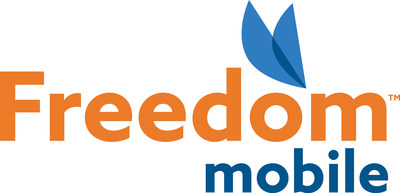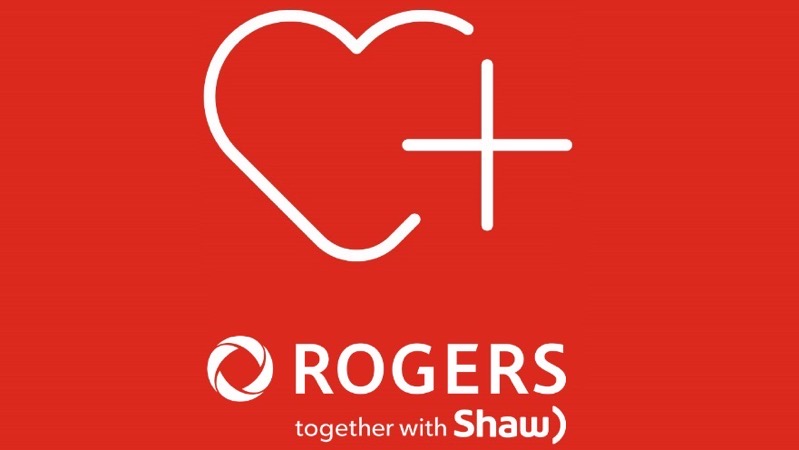
Shaw’s Freedom Mobile to Bring Competition to Rogers, Telus and Bell in 2017: Analysts
Shaw’s Freedom Mobile is expected to put pressure on growth rates of wireless incumbents Rogers, Telus and Bell in 2017, predicts analysts.
In late 2015, Shaw announced it would be acquiring WIND Mobile in a $1.6 billion deal. The latter rebranded as Freedom Mobile back in November, announcing its LTE network in Toronto and Vancouver. The problem? Its new LTE network based on AWS Band 3 only supports limited smartphones for now, with the iPhone not being one of them (yet).
However, despite Freedom Mobile’s slow start to its LTE network, analysts believe Shaw will ramp up competition towards the end of 2017 and negatively affect growth rates of incumbents.

Scotia Capital Inc.’s Jeff Fan explained in his year-end report, “We believe Freedom has always been held back by its network quality from being truly competitive with the incumbents, a dark cloud that should progressively dissipate over the year,” reports The Globe and Mail.
Maher Yaghi, Desjardins Securities Inc. analyst, said Freedom Mobile could threaten revenues of Rogers, Telus and Bell, noting “We forecast that growth will slow in 2018 on increased wireless competition from Shaw.”
Shaw is set on expanding their LTE network in its urban centres of BC, Alberta and Ontario near the end of 2017, which by then the company should be able to offer more compatible handsets and an improved network experience. Existing users have been critical of Freedom Mobile’s spotty 3G network.
Last month, Freedom Mobile launched free Wi-Fi for customers, leveraging Shaw’s existing free Wi-Fi network for Internet customers, a perk only available until March 31, 2017, in what appeared to be a temporary solution to fill in gaps in their existing wireless network.
Calgary-based Shaw is also expected to ramp up its television offerings against rival Telus in Western Canada, as it will launch new set-top boxes based on Comcast’s X1 IPTV platform.
Rogers announced in December it would also adopt X1, and ditch its own in-house IPTV solution, at the cost of a $525 million write down, a move seen to keep up with rival Bell and its Fibe TV offering.
Despite TV cord-cutters, Fan believes upcoming network improvements and better TV products should “help curb overall subscriber losses and lead to growth in average revenue per account [ARPA] in 2017.”
In regards to the CRTC, chairman Jean-Pierre Blais will see his five-year term end in June of this year, and Fan believes Justin Trudeau’s Liberal government could appoint one of their own candidates into the position, which will “be a positive relief for the industry.” The analyst continued to say “Mr. Blais was viewed by many as very pro-consumer, with a populist agenda, usually at the expense of the incumbents.”
Blais was in particular critical of Rogers and Shaw for shutting down their streaming service shomi, after a short two year endeavour, noting “I have to wonder if they are too used to receiving rents from subscribers every month in a protected ecosystem, rather than rolling up their sleeves in order to build a business without regulatory intervention and protection.”

